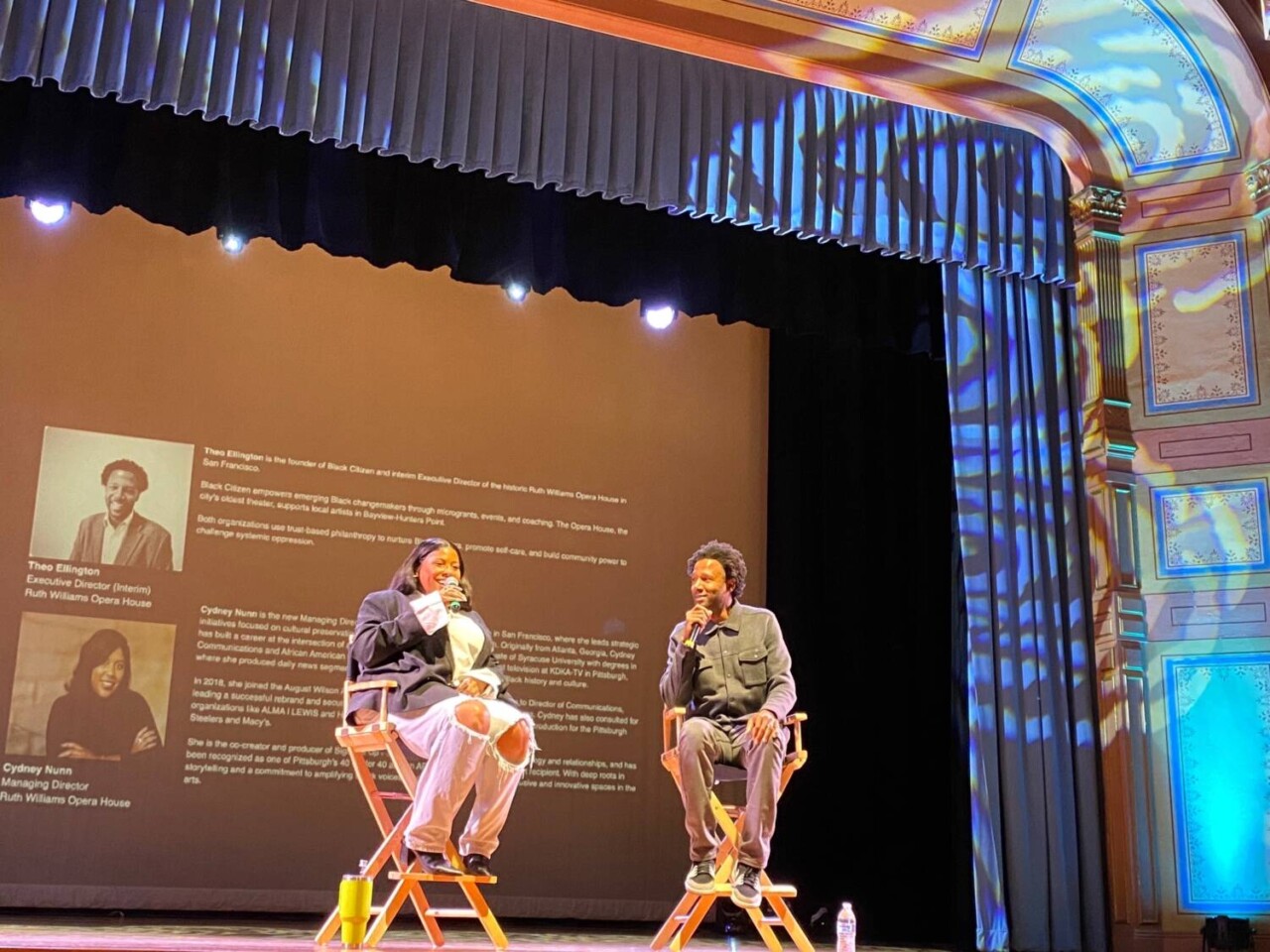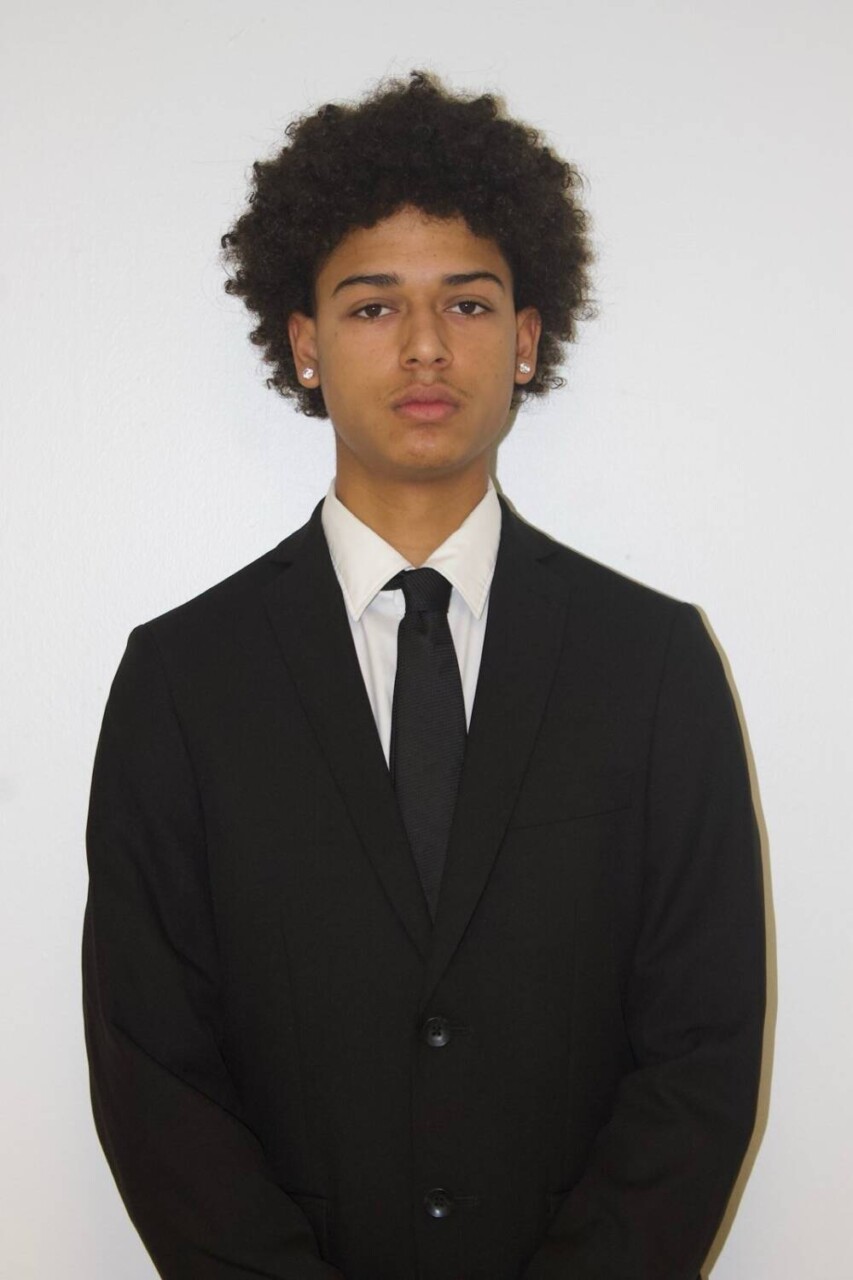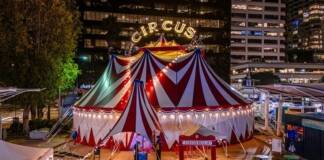by Javier Zarnowiecki
Collaboration between nonprofits – Oakstop
We rarely have the opportunity to understand the ins and outs of nonprofits, including how they secure funding, sustain operations, and the emotional and logistical labor invested in their mission. That changed for me on Saturday, June 28, when I had the chance to attend the San Francisco Bay View Foundation Nonprofit Boot Camp hosted at the Ruth Williams Bayview Opera House.
After hearing some incredible words that detailed the history of Bay View, I joined a room full of organizers, artists, educators and nonprofit leaders, all of whom are Black or Brown and deeply rooted in their communities. It was a space buzzing with collective energy and a sense of urgency.
The first speaker truly caught my attention with their passion for creating spaces where Black and Brown people can thrive. Trevor Parham is the founder of Oakstop, a Black-owned social enterprise and coworking hub rooted in Oakland, California.
Mr. Parham caught my attention because he prioritized creating spaces for the Black community in the Bay Area while also turning a profit. Collaboration was a huge aspect of his speaking time, specifically between nonprofits. He detailed that without it, he would not have been able to create Oakstop.
As a young person who grew up in Oakland, I have seen with my own eyes the abandoned buildings throughout and felt the desperation of my community. But hearing Mr. Parham’s discussion on transforming previously cheap Bay Area real estate into a Black-owned coworking and cultural hub in Oakland was inspiring. He spoke candidly about the challenges of securing real estate for community use.
Oakstop is reframing ownership as a form of resistance.
Oakstop is reframing ownership as a form of resistance. Their model is not just about space; it’s about power. It’s about saying: “We belong here. We are not for sale!”
Bayview Opera House, a community lifeline
I also found the perspectives on Black art spaces by Theo Ellington, the executive director of the Ruth Williams Bayview Opera House, and Cydney Nunn, the managing director, insightful.
As someone who grew up in impoverished communities, I believe there has always been a lack of support from the government and outside help. When I was younger, the recreational center in my neighborhood in West Oakland was one of the first memories I have of a community lifeline. In this vacuum, Black-led nonprofits serve as lifelines, especially within the Bayview community. They provide housing, mentorship, health services and cultural preservation — not because it’s easy, but because it’s necessary. Ask anyone in the Bayview if they need another Starbucks, and they’ll laugh.
It’s especially important now considering the constant threat of our community’s vanishing because of gentrification. I have always thought of gentrification as a microcosm of people of color in this country. In Bayview, this reality plays out through the ongoing replacement of a rich, Black and Brown legacy with gentrification — condos rising where culture once stood, and white faces replacing long-time neighbors.
One of the many reasons why the Opera House is a trusted place is because the people who work there are homegrown. Theo Ellington grew up in the Bayview and is a third-generation San Franciscan. Through his experience in public affairs and community engagement, he continues to create spaces for the arts in the Bayview. At the Boot Camp, it was crystal clear how much love and admiration he has for the Bayview community.

Kevin Epps and the fight against gentrification
The people speaking at the San Francisco Bay View Foundation Nonprofit Boot Camp have a great impact on the communities they pour into. This was especially clear when I was walking around the Mission a few days after the boot camp. I walked through the Mission District after the Pride Parade and found myself in front of my old elementary school, Buena Vista Horace Mann. What stopped me in my tracks was a mural with Kevin Epps’ face on it.
Mr. Epps, executive editor of the SF Bay View Foundation, is a local filmmaker with deep ties to the Bayview community. He is a change-maker and advocate for a community that for some time has been voiceless. Mr. Epps embodies everything these nonprofits stand for: self-representation, storytelling and legacy. That mural wasn’t just painted — it was history, pride and presence made visible.
Final words
If this experience taught me anything, it’s that the answers aren’t hiding in billion-dollar grants or outside saviors. The answers are already within our communities. What we need is investment in what’s already working — nonprofits that are community-grown, community-led and unapologetically for us. Events like the San Francisco Bay View Foundation Nonprofit Boot Camp don’t just inspire — they educate! They show that collaboration isn’t just a buzzword; it’s a survival strategy.
The Bay Area doesn’t need another tech giant. It needs more rooms like the one I was in last week.

Javier Zarnowiecki is a junior sociology major at Howard University with a passion for community storytelling, racial justice and urban change. Born and raised in Oakland, California, he brings a grounded perspective to issues affecting Black and Brown communities, particularly in the areas of gentrification and nonprofit work. He is currently interning with the San Francisco Bay View newspaper.




